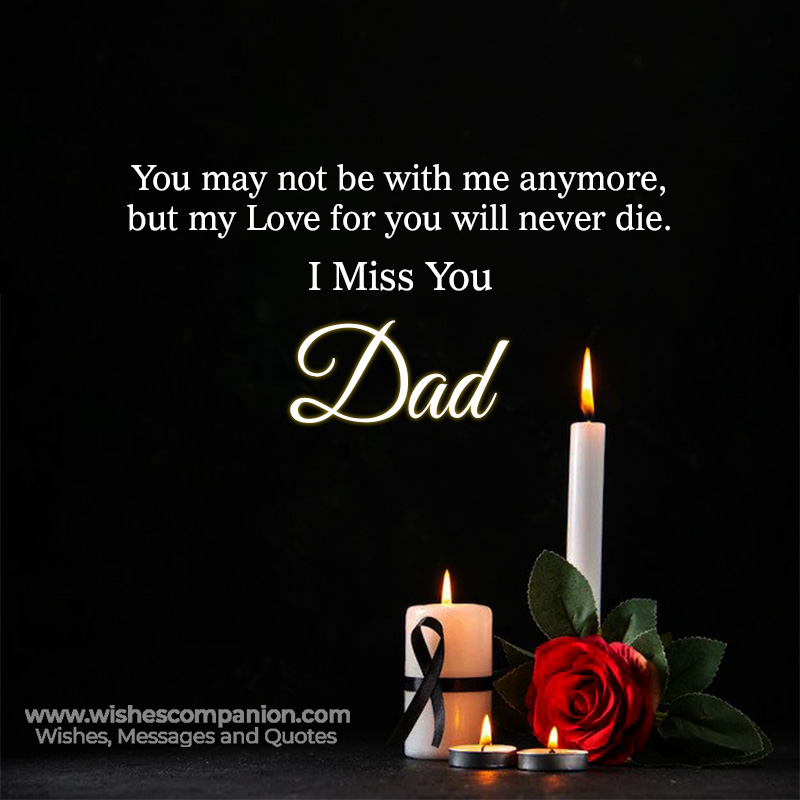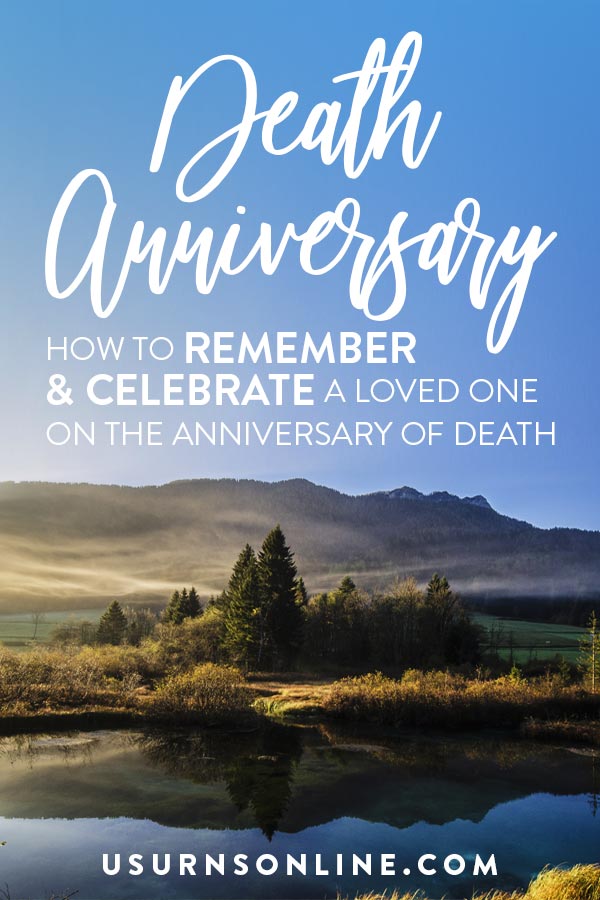A Meaningful Tribute To Loved Ones
Death anniversary celebration is an important ritual that many cultures observe to honor the memory of departed loved ones. It serves as a time for reflection, remembrance, and connection with those who have passed away. These commemorations vary widely across different cultures and religions, offering unique ways to celebrate the lives of the deceased while also providing solace to those left behind. In this article, we will explore the significance of death anniversary celebrations, various traditions associated with them, and how they can be a source of comfort and closure for families.
Understanding the essence of death anniversary celebrations can help individuals navigate their grief and find meaning in their loss. The keyword "death anniversary celebration" encapsulates the various ways people choose to honor their loved ones, reflecting their unique beliefs, values, and customs. This article aims to provide a comprehensive guide to these observances, touching upon the emotional, spiritual, and cultural aspects involved.
As we delve deeper into this topic, we will highlight the various practices from different cultures, the emotional impacts of these celebrations, and ways to create a meaningful tribute that resonates with the individual’s life. By the end of this article, readers will gain a deeper understanding of how death anniversary celebrations can serve as a powerful means of honoring those who have passed away.
Table of Contents
What is Death Anniversary Celebration?
A death anniversary celebration is a commemorative event held on the anniversary of a person's passing. This observance allows friends and family to come together to remember and honor the life of the deceased. The celebration can take various forms, including religious ceremonies, memorial services, or simple gatherings of loved ones sharing memories and stories.
These observances are often marked by the following elements:
- Reflection on the deceased's life and contributions.
- Sharing of memories and stories among family and friends.
- Religious or spiritual rituals that may include prayers, offerings, or blessings.
- Acts of kindness or charitable contributions in the deceased’s name.
Cultural Significance of Death Anniversary Celebrations
Death anniversary celebrations hold significant cultural importance across the globe. Different cultures have their unique ways of commemorating the lives of their departed loved ones, which often reflect their beliefs about life, death, and the afterlife.
Death Anniversary in Asian Cultures
In many Asian cultures, death anniversary celebrations are deeply rooted in tradition and spirituality. For instance, in Chinese culture, the Qingming Festival, also known as Tomb-Sweeping Day, is observed in early April. Families visit the graves of their ancestors to clean the tombstones, offer food, incense, and other items as a sign of respect and remembrance.
Similarly, in Hindu culture, the death anniversary is marked by "Shraddha" ceremonies, where family members perform rituals to honor the deceased and ensure their peace in the afterlife. Offerings of food and prayers are made to show gratitude and respect.
Death Anniversary in Western Cultures
In Western cultures, death anniversary celebrations often take on a more personal and intimate form. For example, some families may choose to gather on the anniversary of a loved one's passing to share memories and celebrate their life. This can include lighting candles, creating memory boards, or hosting a dinner in their honor.
In addition, some Christians observe a mass or prayer service on the death anniversary, seeking solace and connection with their faith as they remember their loved ones.
Emotional Impacts of Death Anniversary Celebrations
Death anniversary celebrations can have profound emotional impacts on those who participate. These gatherings offer a space for individuals to process their grief, share their feelings, and find support among loved ones. Here are some emotional benefits:
- Provides an opportunity for closure and acceptance of loss.
- Encourages expressions of grief and remembrance.
- Strengthens bonds among family and friends through shared experiences.
- Reminds individuals of the legacy and impact of the deceased’s life.
Creating Meaningful Tributes
Creating a meaningful tribute for a death anniversary celebration involves personal touches that reflect the individuality of the departed. Here are some ways to create a heartfelt tribute:
Personalized Ceremonies
Designing a personalized ceremony can make the celebration more special. This can include:
- Incorporating favorite songs, poems, or readings that resonate with the deceased's personality.
- Creating a memory wall where attendees can post photos and stories.
- Holding a themed gathering that reflects the deceased's hobbies or passions.
Community Involvement
Engaging the community in the celebration can enhance the experience and create a sense of collective remembrance. This may involve:
- Inviting friends, neighbors, and community members to participate in the celebration.
- Organizing charitable events in memory of the deceased, such as food drives or community clean-ups.
- Creating a public memorial or planting a tree in their honor.
Common Practices in Death Anniversary Celebrations
While practices may vary, some common elements are often included in death anniversary celebrations:
- Lighting candles to symbolize the eternal light of the deceased's spirit.
- Offering flowers or food at the gravesite or memorial space.
- Reading passages from religious texts or sharing stories that reflect the deceased's values.
- Gathering for a meal that includes the deceased's favorite dishes.
Remembering Their Legacy
Death anniversary celebrations serve as a powerful reminder of the legacy left by those who have passed away. Families can use this time to reflect on the values and lessons imparted by the deceased, ensuring their memory lives on through future generations. Consider these ideas for honoring their legacy:
- Establishing a scholarship or fund in their name.
- Documenting their life story or creating a family tree.
- Sharing their teachings and wisdom with younger family members.
Conclusion
In conclusion, death anniversary celebrations are a meaningful way to honor and remember loved ones who have passed away. These observances can provide comfort, connection, and closure for those left behind. By understanding the various cultural practices and emotional impacts of these celebrations, individuals can create a tribute that resonates with the life of their loved one.
We encourage readers to share their thoughts and experiences regarding death anniversary celebrations in the comments below, and to consider how they might honor the memory of those they have lost. For more insights on grief, remembrance, and celebration of life, explore our other articles.
Thank you for reading, and we hope to see you again soon as you navigate the journey of remembrance and healing.
Article Recommendations



ncG1vNJzZmilqZu8rbXAZ5qopV%2BWtLOxwKylnq%2BjanylscCtn2aZnqO2t7HRrJirsV2Ysq2xwauYraGfo3upwMyl